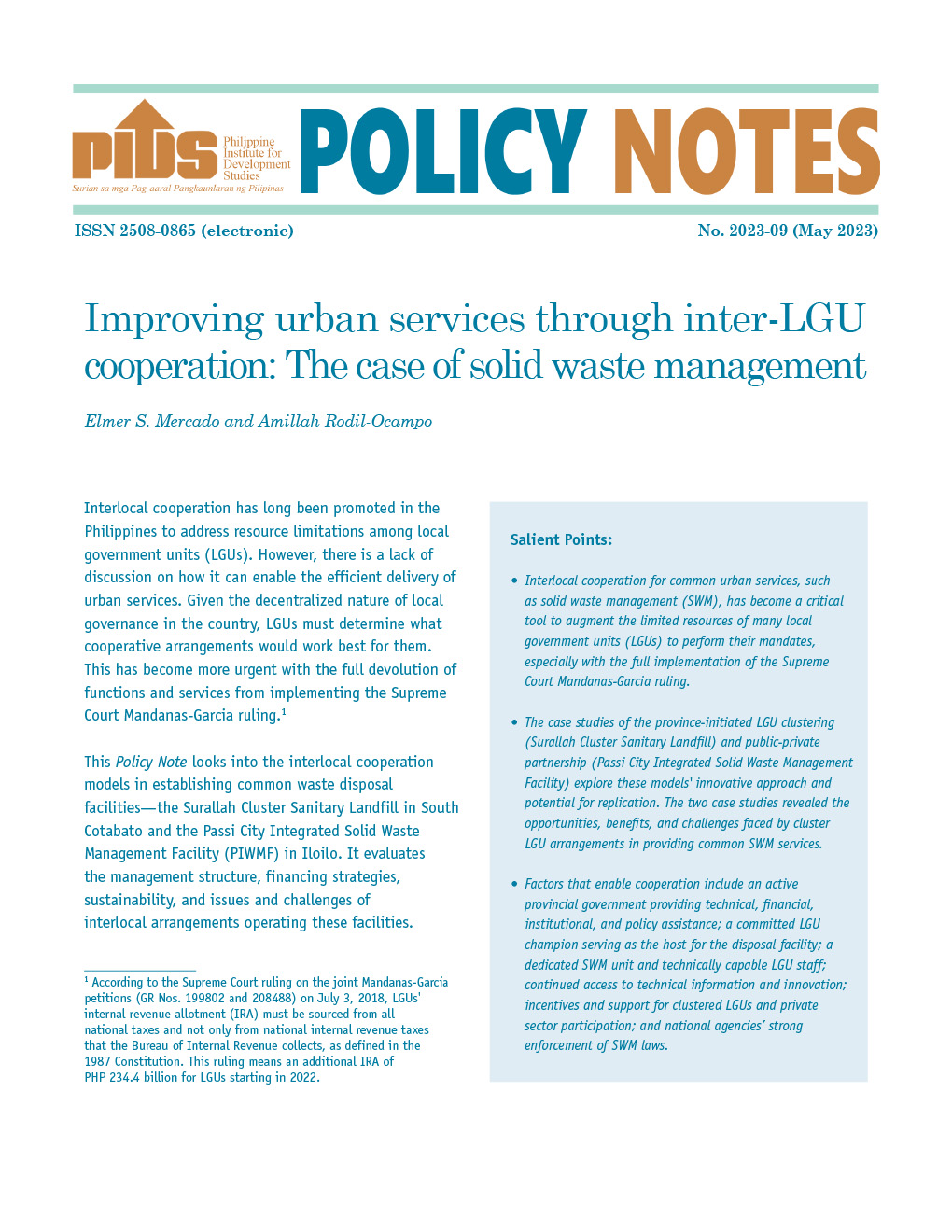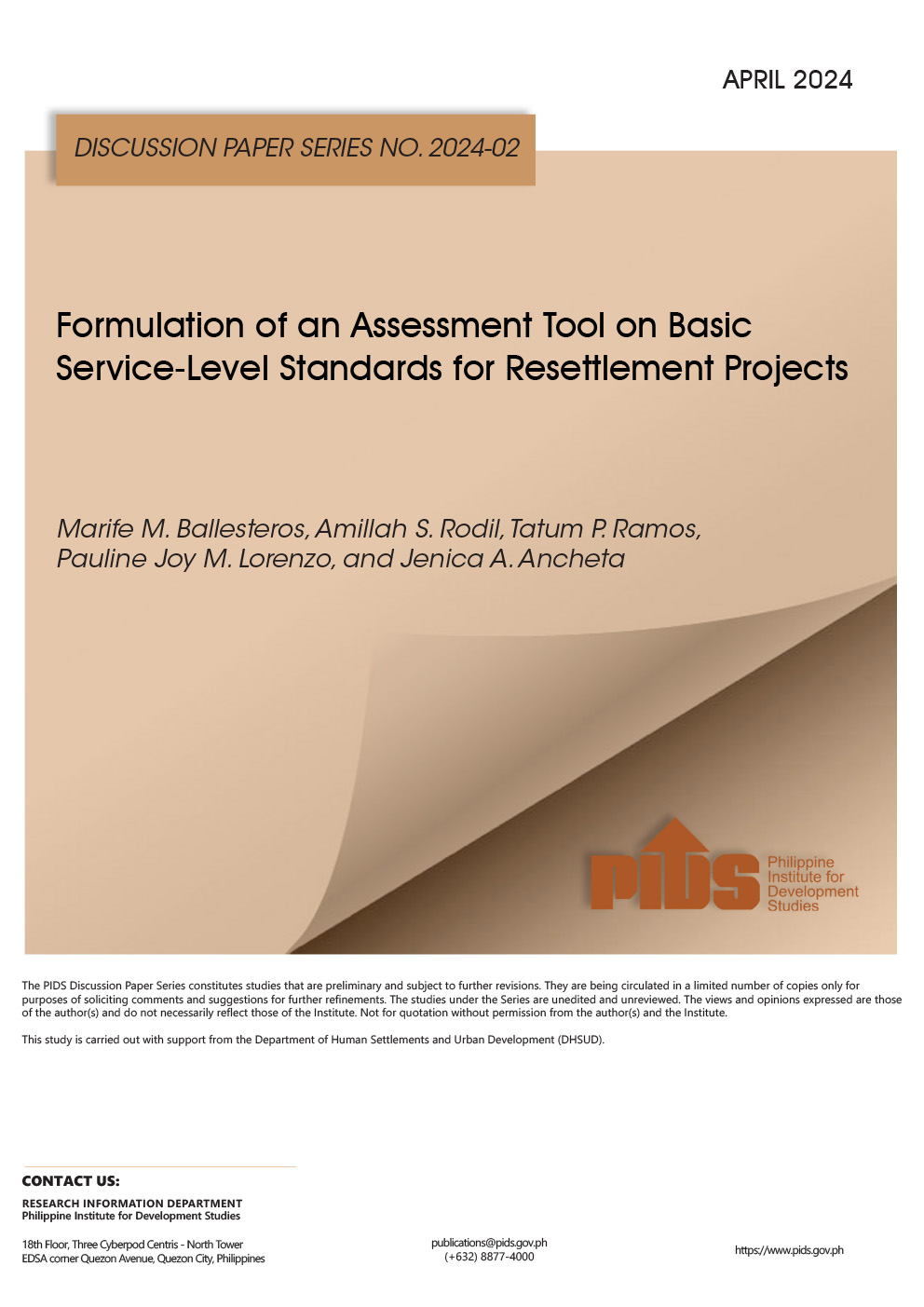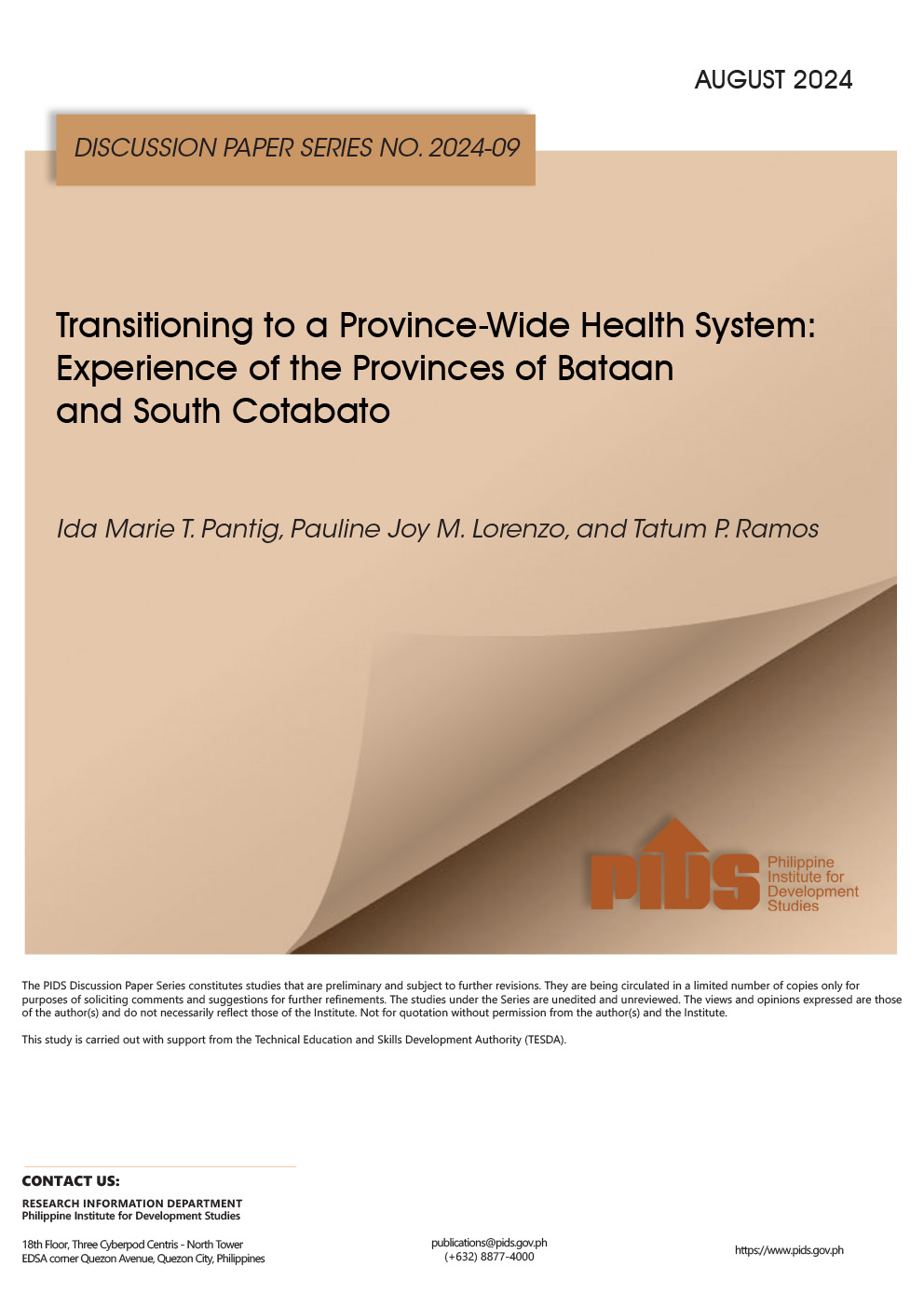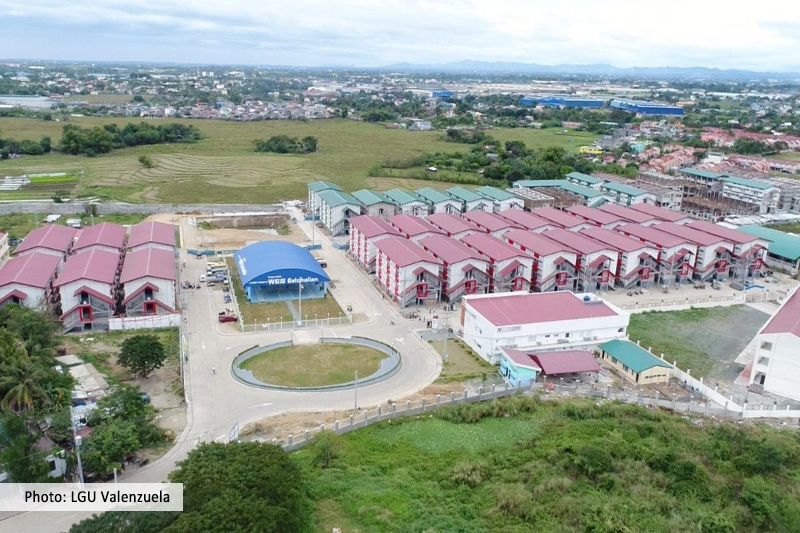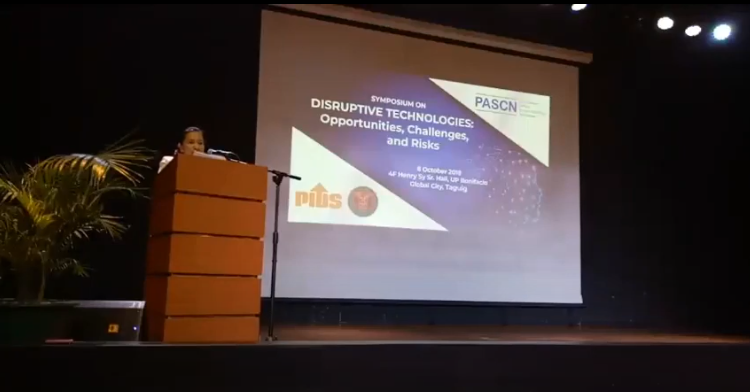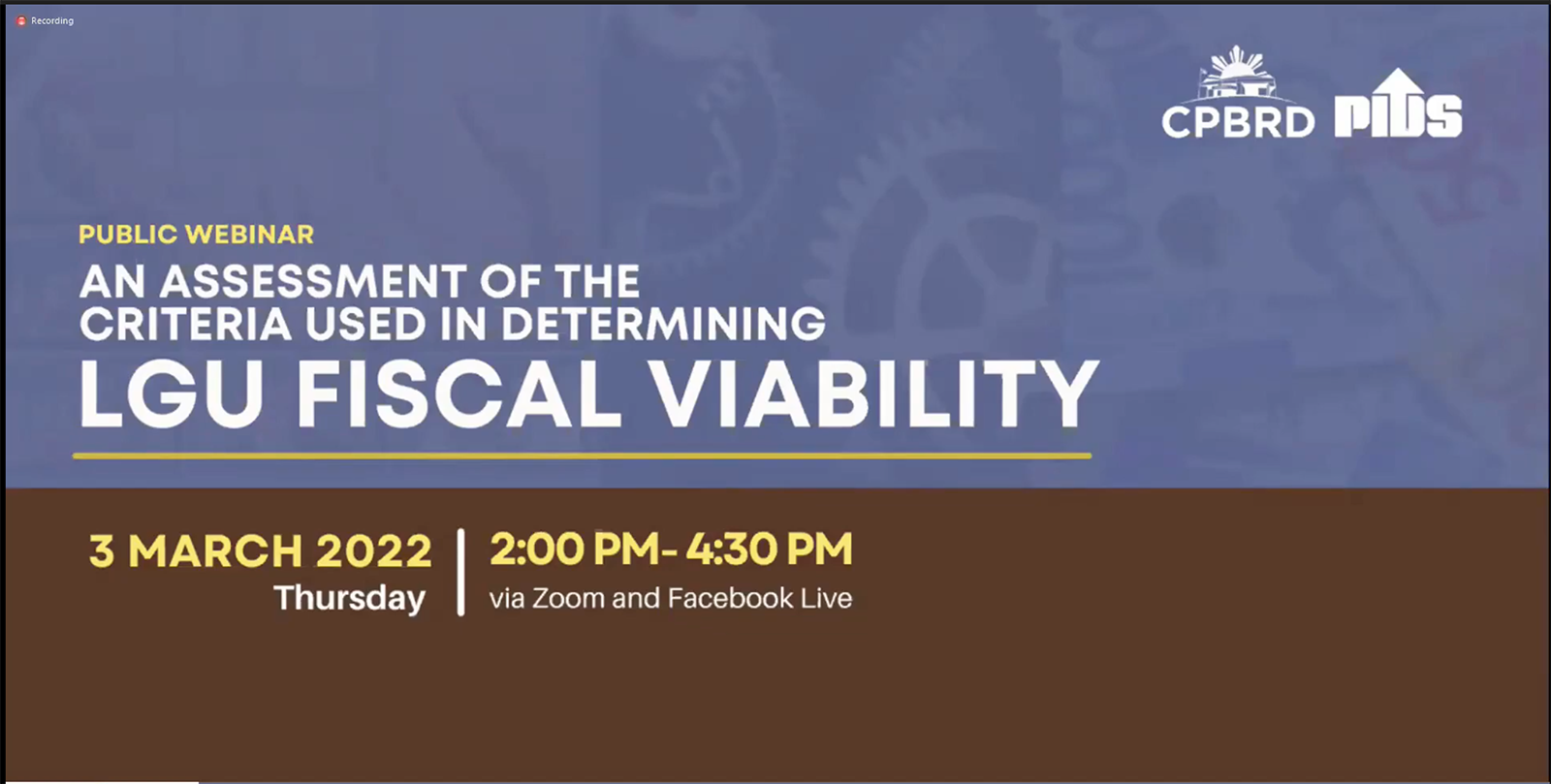The government plans to roll-out municipal bonds this year to beef-up financing options for local governments, Finance officials said on Friday.
In a text message, National Treasurer Rosalia de Leon said the Bureau of the Treasury (BTr) “will try” to launch municipal bonds this year.
Back in April, BTr officials said they were already studying the viability of municipal or local government bonds. De Leon had said municipal bonds may be the tool to finance local government programs and projects through the capital market, complementing bank financing.
At present, local governments borrow from state-run banks for their priority projects, mostly infrastructure. During the first half of 2022, 111 local governments borrowed a total of P19.7 billion.
In an economic forum organized by The Manila Times, Finance Undersecretary Zeno Ronald Abenoja noted that the Bangko Sentral ng Pilipinas (BSP) as well as the Bureau of Local Government Finance (BLGF) these past few years simplified and streamlined bank financing for local governments.
Abenoja said the Department of Finance (DOF) was not discounting bonds as a financing tool for local governments as well.
“Any suggestions on how to improve their access to financial markets, at the same also efforts to strengthen the ability of local governments to manage their finances, to craft and design development plans, should also get emphasis alongside their increased access to resources,” he said, referring to local governments’ bigger share in the annual national budget starting this year with the implementation of the Supreme Court’s Mandanas-Garcia ruling in full swing.
As early as 1995, the state-run think tank Philippine Institute for Development Studies already pitched to develop a local government bond market in the Philippines.
The BTr was also looking at possibly more foreign participation in the domestic bond market.
“We’re just about 1.5 percent foreign holdings here [in the Philippines] as of March. I guess what holds us back here is really the withholding tax. There’s pending legislation to reduce the final withholding tax [on interest income] from 20 percent to 15 percent,” Deputy Treasurer Erwin Sta. Ana said in April, referring to the passive income and financial intermediary taxation act (Pifita) which President Marcos and Finance Secretary Benjamin Diokno wants passed into law by the 19th Congress.
The BTr also plans to introduce an “amortizing bond” this year to maintain demand from government securities eligible dealers (GSEDs) who were wary of long debt exposure amid climbing interest rates.
Also, Abenoja said the DOF was studying the viability of carbon taxation and pricing in a developing economy like the Philippines “to make sure that while we pursue sustainability issues, this is done in a calibrated, gradual manner that could be beneficial for economic growth while also pursuing a greener aspect of expansion of the economy.”

